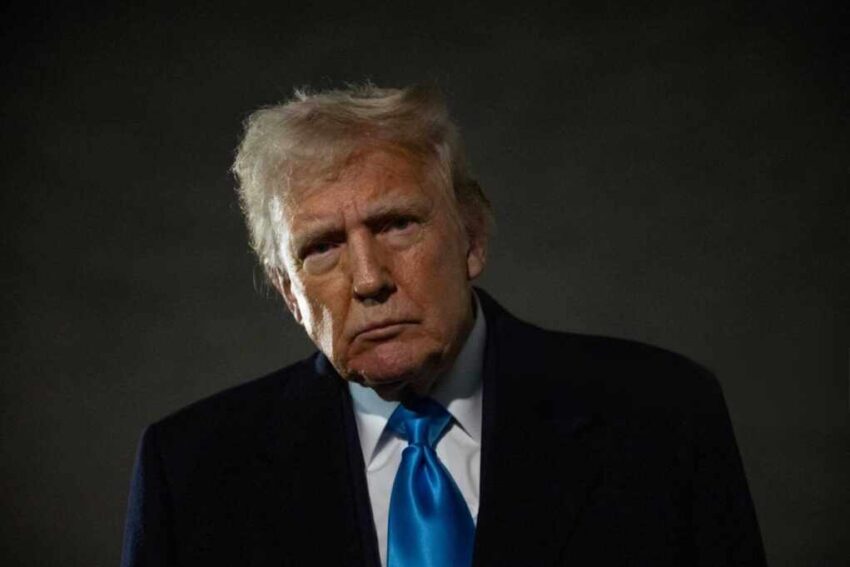President Trump has proposed a 100% tariff on imported semiconductors, a move that could reshape global chip supply chains while sparing companies with U.S.-based production.
At a Glance
- Trump announced a 100% tariff on imported semiconductors
- U.S.-based manufacturers like Apple are exempt from the proposal
- Apple pledged an additional $100 billion in domestic investment
- Semiconductor stocks were mixed but showed market resilience
- Policy aims to incentivize local production over foreign sourcing
Domestic Production Gets Preferential Treatment
In an August 6 announcement at a White House event with Apple CEO Tim Cook, President Trump declared that the United States will impose a 100% tariff on all imported semiconductors. The measure is designed to increase pressure on tech companies to relocate manufacturing operations to American soil. Apple, which committed an additional $100 billion to U.S. manufacturing, is among the firms that will be exempt from the tariff.
The new tariff initiative falls in line with the administration’s broader economic strategy of reshoring critical technology production. Apple’s total investment commitment in the U.S. now exceeds $600 billion, making it a key beneficiary of the proposed exemptions. Trump emphasized that companies which follow a similar path would also be spared the tariff, creating a clear incentive structure aimed at shifting the geography of chip manufacturing.
Watch now: How Donald Trump’s 100% US Tariff Plan On Semiconductors Could Reshape The Tech World · YouTube
Mixed Reactions from Industry and Markets
Initial market reaction to the announcement was uneven. While the broader tech sector showed volatility, many semiconductor firms saw little to no decline. Companies such as Nvidia, AMD, and GlobalFoundries ended the trading session with modest gains, signaling investor confidence that U.S.-based operations would shield them from the tariff’s negative effects.
Analysts interpreted the market’s response as a sign that the policy may have been priced in or considered manageable by investors. Texas Instruments, another U.S.-centered chipmaker, was among the firms that benefited from the sentiment. On the other hand, firms heavily reliant on overseas fabs may face cost pressures if they fail to secure an exemption or relocate production.
Geopolitical and Supply Chain Implications
The move could have far-reaching implications beyond U.S. borders. Countries like Taiwan and South Korea, which are key players in global chip production, could see a decline in U.S. export volumes if the policy is enforced as proposed. U.S. companies that depend on chips produced abroad, particularly in consumer electronics and automotive sectors, may be forced to accelerate plans for domestic fabrication facilities.
The policy’s implementation may also trigger trade friction with allied nations, some of which have voiced concerns about prior U.S. tariffs. As the U.S. pushes for supply chain security and self-sufficiency, there is growing uncertainty over how these relationships will adapt. In parallel, legal experts are evaluating potential challenges to the administration’s authority to enact such broad tariffs unilaterally.
The announcement marks a continuation of the administration’s trade-first industrial strategy, with semiconductors now joining the list of sectors undergoing realignment through tariff leverage. Industry observers will be closely watching how other firms respond in terms of investment commitments and whether exemptions are granted beyond Apple.
Sources
Click this link for the original source of this article.
Author: Editor
This content is courtesy of, and owned and copyrighted by, https://deepstatetribunal.com and its author. This content is made available by use of the public RSS feed offered by the host site and is used for educational purposes only. If you are the author or represent the host site and would like this content removed now and in the future, please contact USSANews.com using the email address in the Contact page found in the website menu.








